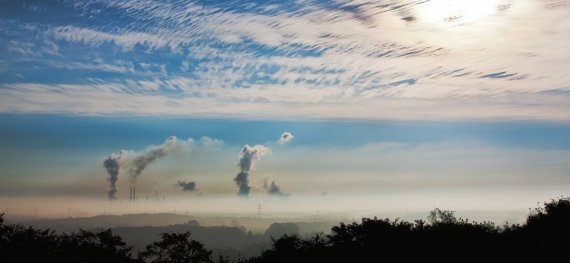Air quality
Air quality is the biggest health problem related to the environment worldwide. It also has major consequences for our climate. The Dutch air-quality policy sets out to reduce concentrations of harmful substances in the atmosphere and thus limit the negative health effects. The emission of greenhouse gases must decrease to a safe level. Awareness of air quality is growing and large municipalities and cities are searching for solutions for a healthier living environment. To this end, they have an increasing need for detailed information about the local state of the air quality.

Satellites collect valuable data about particulate matter, nitrogen dioxide, ozone, ammonia, sulphur dioxide, carbon monoxide, carbon dioxide, methane and aerosols. Within this theme, the role of Earth-observation data in relation to air quality, the atmosphere and the climate is being examined.
Satellite data cannot answer all questions. Instead, the data complements ground observations. The added value mainly lies in the uniformity of the data, the large-scale spatial image, measurements of remote areas and the detection of current and 'unexpected' source areas. Satellite measurements provide valuable knowledge on emissions, transport and chemistry and can be used to improve air-quality models.
If you are curious to know whether satellite applications could have added value in your work environment, please contact:
Mark Loos
E m.loos@spaceoffice.nl
T +316 158 862 97